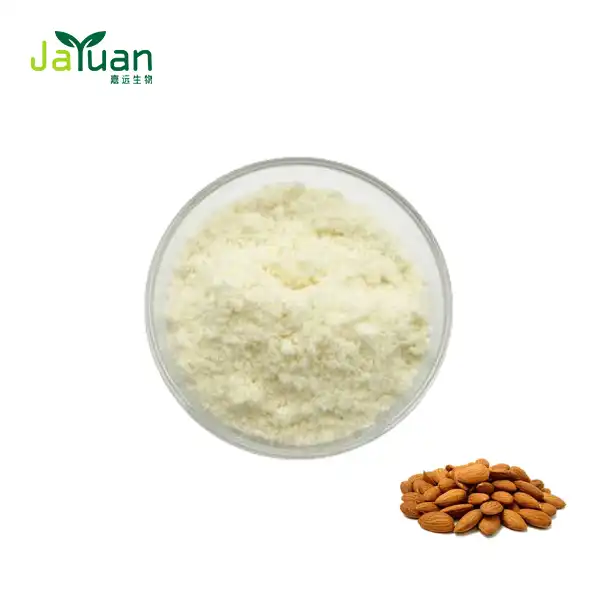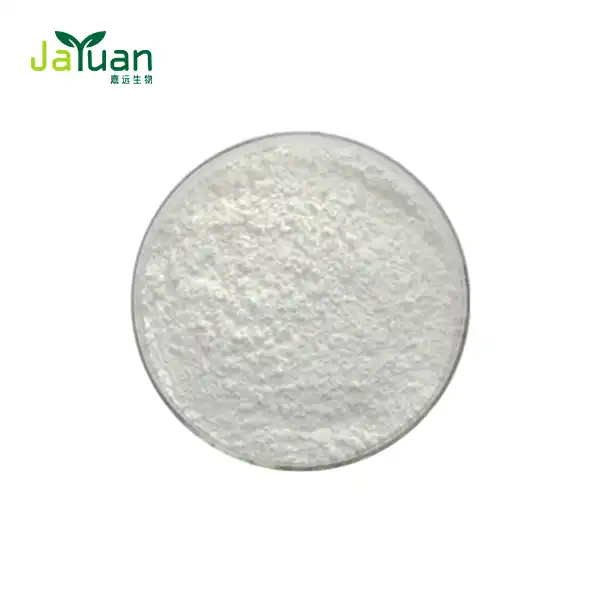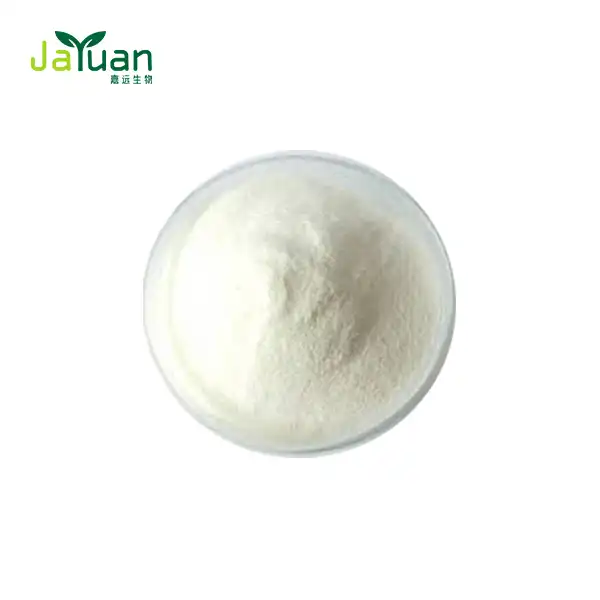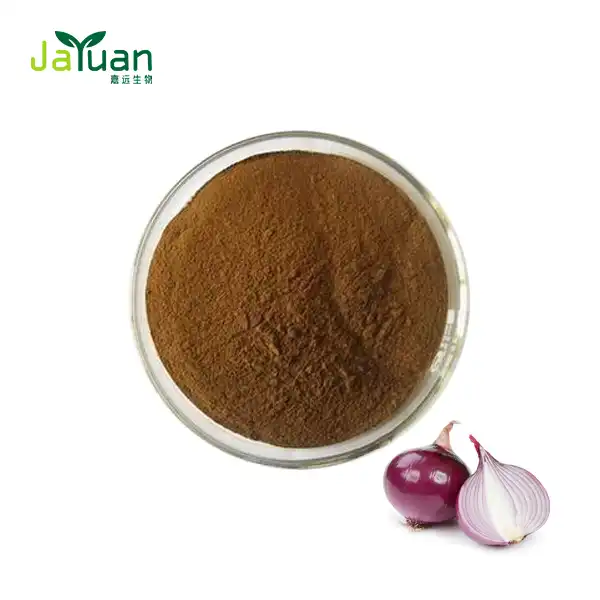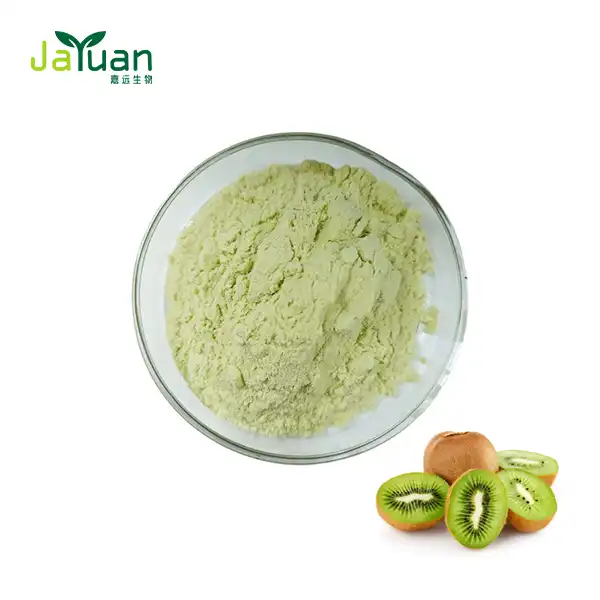How do corn oligopeptides compare to other plant-based peptides?
Plant-based peptides have garnered significant interest in the domains of nutrition and dietary supplements due to their possible health advantages. Corn oligopeptides Peptide are one of these that is known to exhibit potential. This article explores the special qualities of maize oligopeptides and contrasts them with those of other plant-based peptides to illustrate their potential benefits and uses.

Understanding Oligopeptides in Corn
Corn Oligopeptides Peptide refer to those small chains of amino acids connected and prepared from the protein of corn. These peptides are prepared with the help of enzymatic hydrolysis, wherein big proteins are cleaved into tiny and highly soluble ones. Since these usually arise from two up to ten amino acids, arising oligopeptides could be well absorbed by the body. Then, another prime advantage is the amino acid profile from oligopeptides sourced out of maize. On the contrary, corn protein contains the amino acids of leucine, isoleucine, and valine in an appropriate balance among both the essential and non-essential amino acids for muscle protein synthesis and maintenance. Due to their very special composition, corn oligopeptides Peptideare different from many other peptides of plant origin.
Besides this fact, the oligopeptides of maize are mainly much less allergenic compared to the rest of the protein sources; another good option for people with food sensitivity. Besides their good digestibility and in addition to their hypoallergic nature, they have given them interest in growing numbers within the nutraceutical and functional food markets.
Comparing Other Plant-Based Peptides with Corn Oligopeptides
Soy Peptides: Soy is a well-known source of plant-based protein and peptides. While soy peptides offer a complete amino acid profile, they may cause allergic reactions in some individuals. Corn oligopeptides Peptide, on the other hand, present a lower risk of allergenic responses while still providing a balanced amino acid composition.
Rice Peptides: Another well-liked choice is rice peptides, especially for people who are sensitive to gluten. However, when it comes to the makeup of amino acids—particularly the quantity of leucine—rice protein is typically regarded as being less superior than maize protein. Corn oligopeptides could be a better option for muscle support and recovery since they provide a wider range of necessary amino acids.
Pea Peptides: Because of their smooth texture and high protein content, pea protein and the peptides generated from it have become more and more popular. Pea peptides may not have enough methionine, despite being high in other amino acids. Corn oligopeptides provide a more balanced amino acid profile, potentially offering more comprehensive nutritional support.
Wheat Peptides:Researchers have also studied anti-inflammatory and antioxidant properties of peptides prepared from wheat. However, it is not to be used by peoples who are gluten sensitive or suffering from coeliac diseases. Corn oligopeptides being gluten-free may thus be a better health option. While maize oligopeptides have shown promise in many fields, it must be remembered that under most conditions, the ideal peptide source often depends upon an individual's needs, dietary preferences, and health objectives, and thus seeking a dietician or any other medical professional's advice can highlight what is perfect for each individual.

Potential Benefits and Applications of Corn Oligopeptides
Research into corn oligopeptides has revealed several potential benefits, making them an intriguing option in various fields.
Muscle Recovery and Sports Nutrition: The balanced amino acid profile of Corn Oligopeptides Peptide , particularly their leucine content, may support muscle protein synthesis and recovery after exercise. This makes them a valuable ingredient in sports nutrition products.
Antioxidant Properties: Some studies have suggested that corn oligopeptides may possess antioxidant activities, potentially contributing to cellular health and protection against oxidative stress.
Cardiovascular Health: Preliminary research indicates that Corn Oligopeptides Peptide Powder might have a positive impact on blood pressure regulation and cardiovascular health, although more studies are needed to confirm these effects.
Skin Health: The cosmetic industry has shown interest in corn oligopeptides for their potential skin-beneficial properties, including moisturization and anti-aging effects.

Digestive Health: Corn Oligopeptides Peptide Powder may be easier on the digestive system than some other protein sources due to their high digestibility and low molecular weight. For people with sensitive stomachs, they might therefore be a sensible choice. Although these potential benefits sound promising, it's crucial to keep in mind that research is ongoing in many areas and that additional studies are necessary to fully understand the range of potential health effects of maize oligopeptides. To sum up, maize oligopeptides are a fascinating advancement in the field of plant-based peptides. Their distinct amino acid composition, minimal likelihood of causing allergies, and numerous uses render them an attractive choice for a range of sectors, encompassing sports nutrition and supplements, cosmetics, and functional meals. We might find even more potential uses and advantages for these extraordinary compounds as study progresses.
Conclusion
The oligopeptides of maize represent an interesting novelty in the range of peptides of plant origin, in relation to their amino acid profile being far different from animal sources, and due to the presence of allergenic properties it becomes highly marketable for various industries such as sports and nutritional supplement categories, cosmetics, and functional foods. Indeed, with more research, there could be a host of other uses and benefits for these remarkable molecules.
If there are more questions about Corn Oligopeptides Peptide or other plant extracts, please contact sales@jayuanbio.com. Your needs are always catered for in our firm through a team of professionals that will give you full information and help identify the best options.
References
1. Shu, G., Zhang, B., Zhang, Q., Wan, H., & Li, H. (2016). Effect of temperature, pH, enzyme to substrate ratio, substrate concentration and time on the antioxidative activity of hydrolysates from corn gluten meal. Food Chemistry, 202, 1-7.
2. Wu, J., Zhao, X., Ren, L., & Han, Y. (2019). Antioxidant activity of water-soluble peptides derived from corn gluten meal. Journal of Food Biochemistry, 43(8), e12959.
3. Jin, D. X., Liu, X. L., Zheng, X. Q., Wang, X. J., & He, J. F. (2016). Preparation of antioxidative corn protein hydrolysates, purification and evaluation of three novel corn peptides. Food Chemistry, 204, 427-436.
4. Zhang, Y., Chen, R., Ma, H., & Chen, S. (2015). Isolation and identification of dipeptidyl peptidase IV-inhibitory peptides from trypsin/chymotrypsin-treated goat milk casein hydrolysates by 2D-TLC and LC-MS/MS. Journal of Agricultural and Food Chemistry, 63(40), 8819-8828.
5. Wang, J., Yin, T., Xiao, X., He, D., Xue, Z., Jiang, X., & Wang, Y. (2018). Preparation of ACE inhibitory peptides from corn protein via proteolysis followed by consecutive peptide fractionation and identification. Food Chemistry, 262, 344-352.

